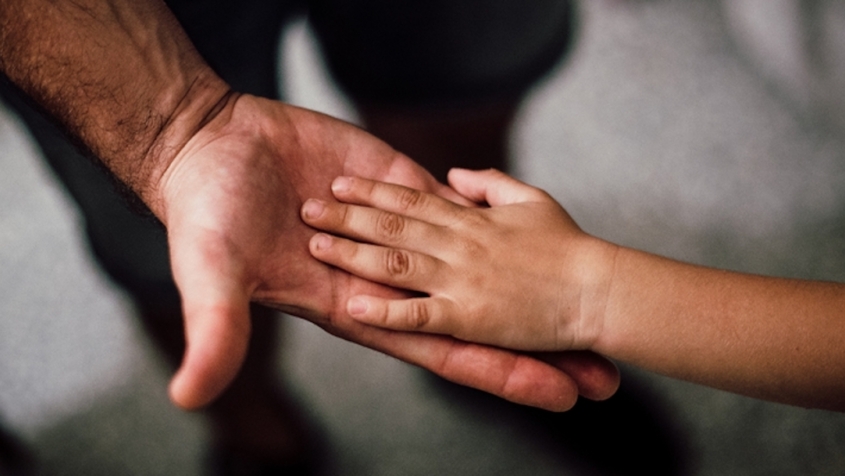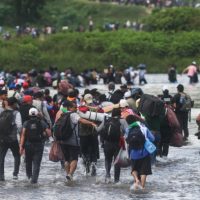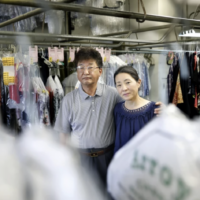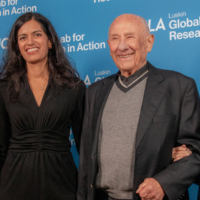UCLA Research Finds U.S. Lags Behind Other Nations in Limiting Detention of Migrant Children
The COVID-19 pandemic has amplified calls to end the detention of migrant children, as cases surge among children held in crowded conditions. Yet immigration detention’s threats to the fundamental rights of children did not begin with the current public health crisis. Unlike nearly three-quarters of high-income countries, the U.S. has no laws specifically limiting the detention of accompanied migrant and asylum-seeking children, according to a new study by the UCLA Fielding School of Public Health’s WORLD Policy Analysis Center (WORLD). Moreover, the U.S. offers minimal legal protection for unaccompanied minors, and for children who are detained, and the U.S. has no legal guarantees of access to adequate health care or education. “The U.S. lags behind when it comes to protecting the most fundamental rights of migrant children,” said Jody Heymann, a UCLA distinguished professor of public health, public policy and medicine who serves as director of WORLD. International treaties are clear that detaining children based on citizenship is a violation of human rights law. Heymann and her research team systematically coded legal restrictions on detention of child migrants in the 150 most populous United Nations-member countries, as well as literature on the costs and benefits of varying approaches to keeping such children safe and under responsible oversight. Their study, published in the International Journal of Human Rights, found that while the U.S. falls behind other high-income nations, gaps in legal protections persist across the board. “These longstanding gaps in the law have left countless children vulnerable to grave health risks and human rights violations,” Heymann said.









Leave a Reply
Want to join the discussion?Feel free to contribute!